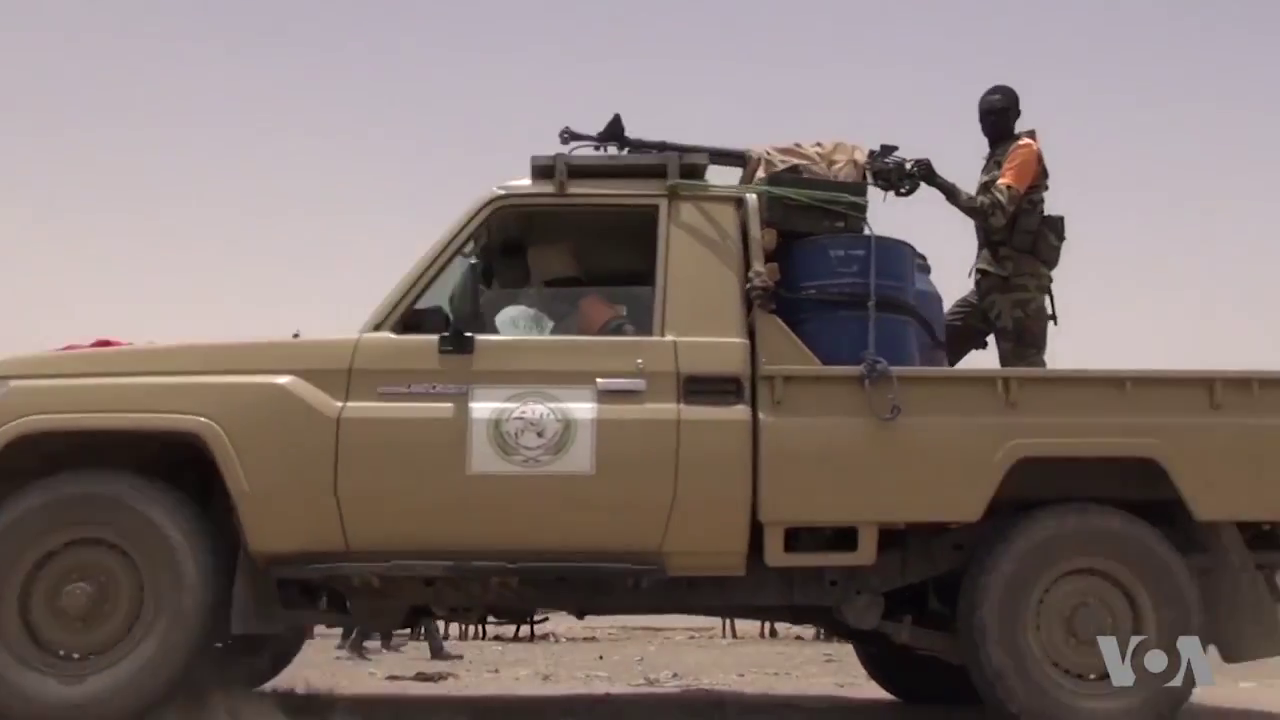
Life goes on in Bosso, Niger, 19 April 2017.
“We are proud to release this documentary, which showcases the hard work and dedication of the MNJTF troops in the fight against terrorism.”
In April 2023, the Multinational Joint Task Force (MNJTF), the five-nation grouping of West African states focused on countering terrorism in the region, released its first-ever documentary film on its official website to highlight the progress the military coalition is making against Boko Haram around Lake Chad.[i] The documentary included interviews of MNJTF commanders from Nigeria, Niger, Chad, and Cameroon[ii] who emphasized several key themes regarding MNJTF strategy, including overcoming civilian mistrust as a result of past security forces abuses. The video noted that civil-military relations have improved since the mid-2010s when the Nigerian military committed numerous human rights violations throughout the Lake Chad region.[iii] This is important because, as an MNJTF commander interviewed in the documentary stated, Boko Haram operates like a Maoist insurgency and depends on moving among the people of Lake Chad like fish swimming in water. Good relations with the civilian population are essential to counter Boko Haram. Additional themes covered in the film included eliminating ungoverned spaces where Boko Haram operates with impunity, clearing territory to ensure traditional and national holidays can proceed without disruption to reflect a return to “normalcy,” and facilitating the travel of displaced persons back to their home villages. The documentary also noted the MNJTF’s primary focus was to conduct operations against Boko Haram in riparian areas along Lake Chad where Boko Haram often holds hostages for ransom and raises funds from the fish trade by taxing fishermen and selling fish that group members catch.[iv]
Source:
“The Multinational Joint Task ForceReleases Maiden Documentary,” mnjtffmm.org (official website of the MNJTF), 12 April 2023. https://mnjtffmm.org/press-release-the-multinational-joint-task-force-releases-maiden-documentary/
The Multinational Joint Task Force (MNJTF) has released a documentary showcasing its operational successes in the fight against insurgency in the Lake Chad Region. The documentary, titled “Victory Against Insurgency in the Lake Chad Region,” highlights the progress made by the MNJTF in the past few years in the fight against terrorism. The documentary features interviews with the Head of Mission, the Force Commander, Former Force Commander, and MNJTF sector commanders as well as footage of successful military operations and the impact of the MNJTF’s efforts on the local communities…. The documentary is part of the MNJTF’s ongoing efforts to raise awareness about its mission and to solicit support from the public.
Notes:
[i] For more information see: Jacob Zenn, “Nigerian Leadership Seeks Renewed Regional Cooperation Against Boko Haram,” OE Watch 02-2023.
[ii] Benin, the fifth MNJTF member-state, was not featured in the documentary. The country generally does not fight against Boko Haram in the Lake Chad region.
[iii] In 2015, an Office of the United Nations High Commissioner for Human Rights (OHCHR) report found, based on interviews of civilians affected by the Boko Haram conflict, that the military and security forces were causing a high number of civilian casualties, and most notably in Baga, Nigeria, where civilians were reportedly shot by security forces and 642 people were displaced. Also problematic were reports of civilian vigilante groups handing over Boko Haram suspects to the military, who then disappeared. Some of the suspects, however, were simply detained by the vigilantes as part of a personal feud, rather than any meaningful relationship with Boko Haram. See OHCHR, “Violations and abuses committed by Boko Haram and the impact on human rights in the countries affected,” Report A/HRC/30/67 of the United Nations High Commissioner for Human Rights, Agenda Item 2, 9 December 2015.
[iv] According to an informed report that included interviews of fishermen around Lake Chad, kidnapping for ransom makes financial sense for Boko Haram around the lake because there is a lot of money in circulation from agriculture and fishing from which ransom money can be paid. Moreover, the kidnapping-for-ransom tactic can serve as a punishment or a warning to deter civilians from paying “protection money” to Boko Haram’s Islamic State-aligned faction. Aside from this tactic, another faction collaborates with civilians who come from Niger to fish in the areas of Lake Chad under the militants’ control, and, in return for this “protection,” the Nigeriens bring goods that the militants need. See Maman Inoua Elhadji Mahamadou Amadou and Vincent Foucher, “Boko Haram in the Lake Chad Basin: The Bakura Faction and its Resistance to the Rationalisation of Jihad,” Megatrends Afrika Policy Brief, 8 December 2022.
Image Information:
Image: Life goes on in Bosso, Niger, 19 April 2017.
Source: Nicolas Pinault (VOA)https://commons.wikimedia.org/wiki/File:Life_goes_on_in_Bosso,_Niger,_19_April_2017.png
Attribution: (CC x 2.0)
